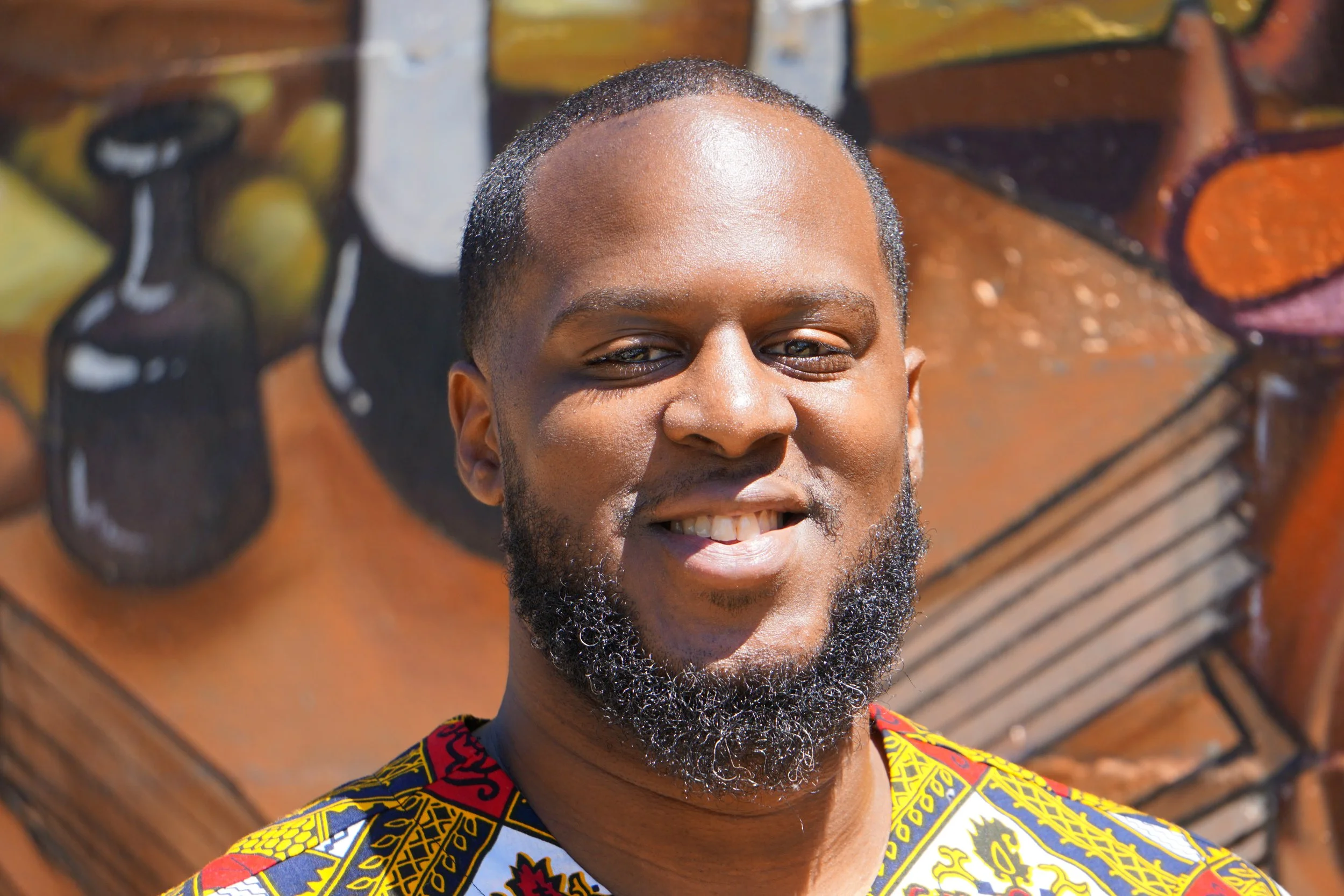Building Common Ground: Striving for Impeccable Allyship
The world of Diversity, Equity, and Inclusion can feel like a vast old-growth forest in which one can easily find themselves lost. As they say, “you can’t see the forest through the trees.” The great thing about Prosper Portland’s Portland Means Progress initiative is that it’s definitively race-forward with its equity lens. Therefore, so will this article be race-forward in its approach to navigating a challenging topic that pertains to race/culture-based discrepancies within our respective organizations.
The foundation of a sustainable approach to producing equity within an organization is to build common ground. There are many avenues and talking points we could cover on how to establish common ground. Personally, I’m big into definitions and shared language, which leads to shared understanding. For instance, imagine being in a room of 100+ people discussing allyship, with every single person operating from the same definition. Because let’s be honest, we all have our own interpretation of what an ally is and what allyship looks like. Today your organization can build common ground by having a shared understanding of what effective racial allyship consists of.
A general definition of an ally is someone who bio/psycho/socially supports the uplift of others that are identified as being a part of a less privileged group in society. Once again, moving forward, this article will focus on racial allyship.
In a cross-racial context, an ally is one who supports people who are part of racialized groups that have been historically subjected to systematic prejudice, antagonism, and discrimination.
However, the level of allyship we should be striving for is that of an Impeccable Ally. An Impeccable Ally is not a self-proclaimed title. This is not a certification that one can add to their LinkedIn bio. This is not a title one is given as a result of serving on a mission trip in Africa, or by having bi-racial grandchildren. Impeccable Allyship is a lifelong pursuit of someone who demonstrates the ability to build constructive cross-racial relationships while advocating for people of racialized groups in all areas of activity:
Economics
Education
Entertainment
Labor
Law
Politics
Religion
Sex
War
Professionals of color often speak about the idea of “bringing their whole self to work.” While this is a novel concept, it often proves to be risky. The nine areas of activity in our lives are constantly compromised, whether it’s pay discrimination (economics and labor), tokenization (politics), or the perpetuation of racially insensitive phrases and jokes (entertainment), or De Facto prejudged character attributions of an individual based on one’s perceived race/culture (education and entertainment). As a result, trust is compromised, and bringing one’s whole self to work seems like a fantasy.
Since the Summer of George Floyd’ s murder (2020), we witnessed a sharp increase in corporate statements of support for communities of color, the Black Lives Matter slogan being adopted, organizations being intentional about being race-forward in various initiatives and celebrating diversity more than ever. However, for professionals of color in Portland, the corporate proclamations and PR efforts didn’t translate into substantial change. Professionals of color still experience a wide range of microaggressions and discrimination at all organizational levels and report a lack of accountability among organizational leaders when diversity and equity issues are raised.
If our allyship isn’t impeccable, it will most likely prove itself to be ineffective and performative. Becoming an Impeccable Ally is a process of understanding the laws of human nature, particularly the biases which we all operate with:
Confirmation – The tendency to seek out and prefer information that supports our preexisting beliefs.
Conviction – The tendency to convince yourself your beliefs are the right ones, even when there are doubts about its truth.
Appearance – The tendency to not see people as they are, but rather as they appear to us.
Group – The motivation to take up ideas and opinions of others as it satisfies our desire to be in relationship and/or accepted by a group.
Blame – The tendency to blame others or circumstances for one’s mistakes, instead of looking closely at one’s role in the situation.
Superiority – The tendency to think one is naturally more rational and ethical than others.
Impeccable Allyship begins with recognizing race as a social construct and confronting our ingrained biases. It requires understanding how impression management shapes cross-racial interactions and how well-intended statements like “I don’t see color,” “I speak several languages,” or “my best friend is [BIPOC identity]” can feel performative rather than genuine. However, in the context of a relationship built on trust and mutual understanding, similar sentiments, expressed with authenticity, can provide the bandwidth and safety to have more meaningful conversations. Trust isn’t built through words alone but through authentic relationships.
Impeccable Allyship consists of a commitment to:
Authenticity
Avoiding assumptions
Doing our best in every moment
Listening with intent to learn
Having courage to engage, even when it’s uncomfortable
In a time when DEI is being weaponized and demonized, we must stay grounded in our commitment to doing what’s right for the right reasons. Rather than letting the current polarizing efforts slow us down, we can transform this adversity into fuel that sharpens our focus. This thing is about more than checking a box. It’s about actively repairing cross-racial and cross-cultural relationships, creating workplaces where professionals of color truly feel they belong, and building trust and equity that go beyond rhetoric. With shared language and understanding of what allyship can look like, we can make this happen. Are you in?
Author
Additional Resources
We hope that you found this content meaningful and helpful in your company’s path toward becoming an antiracist organization.
What’s next?
Continue to dig in to our Culture Change Roadmap for more best practices, core elements, and guided learning.

